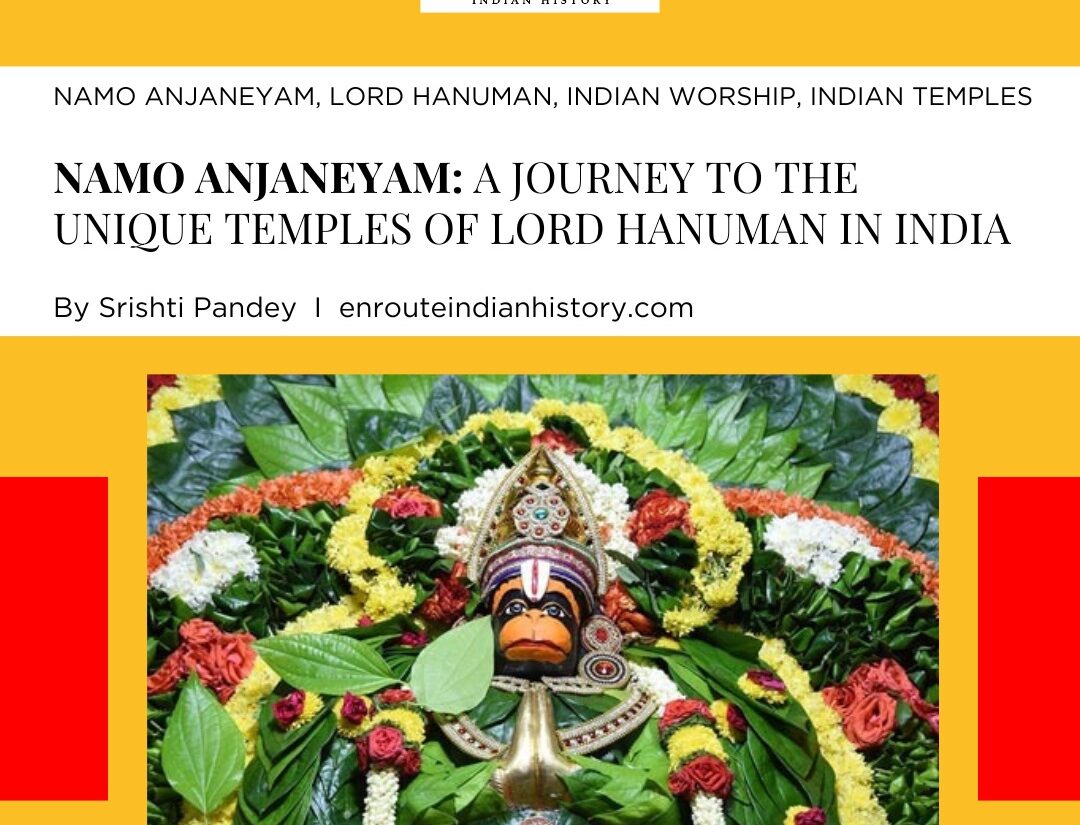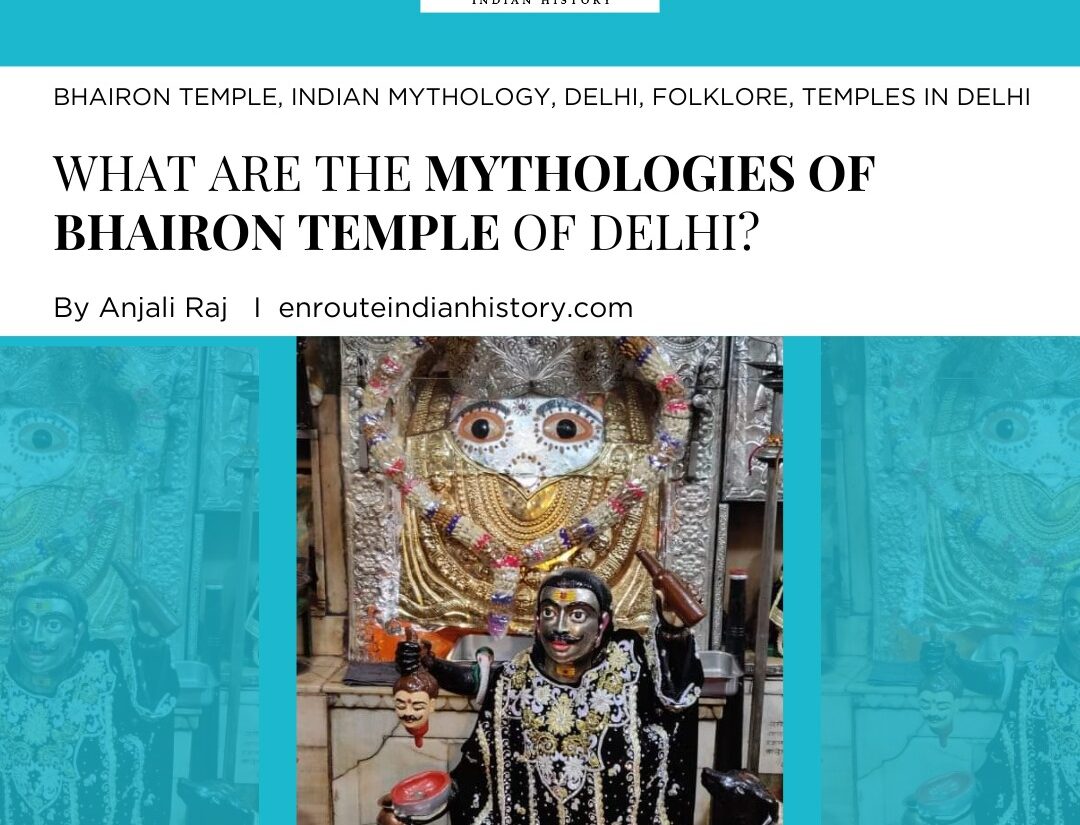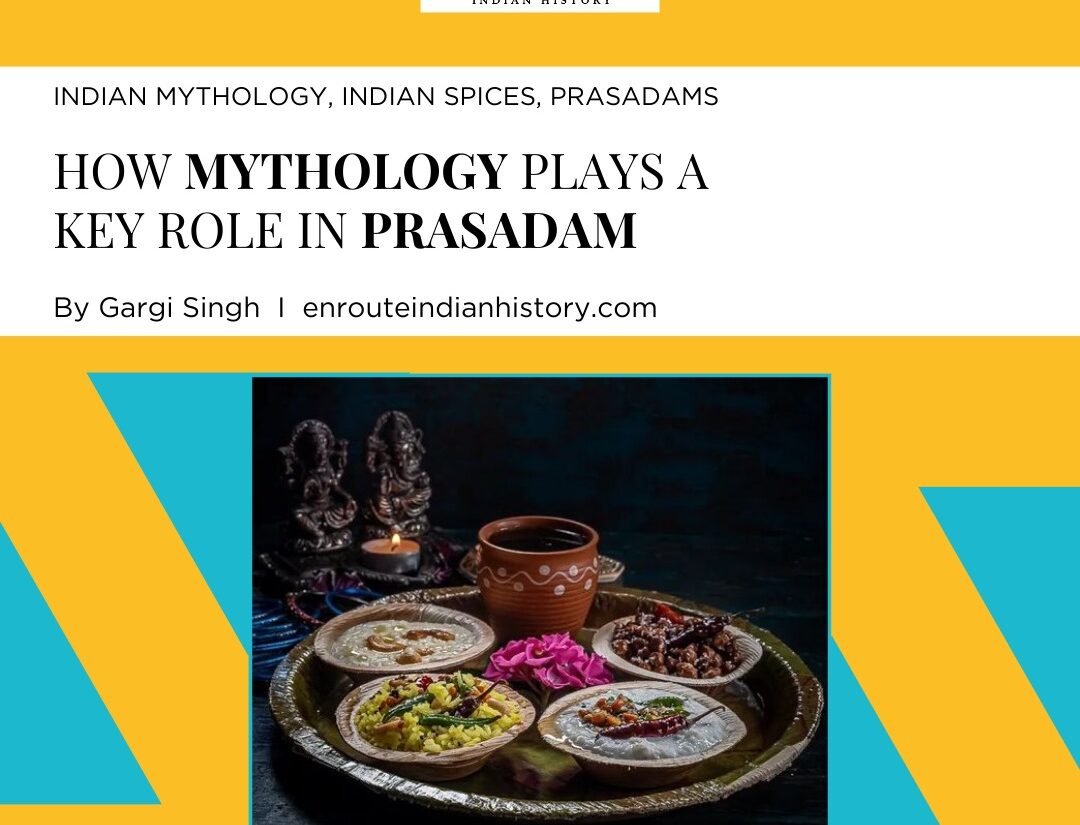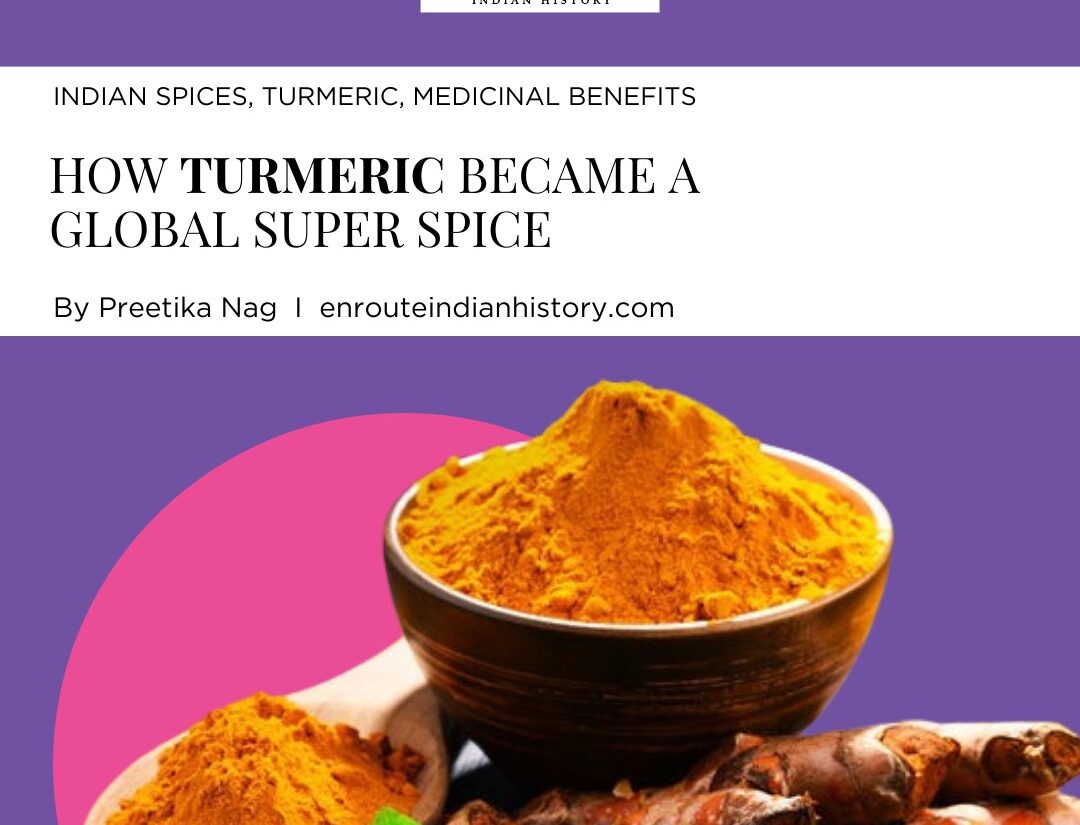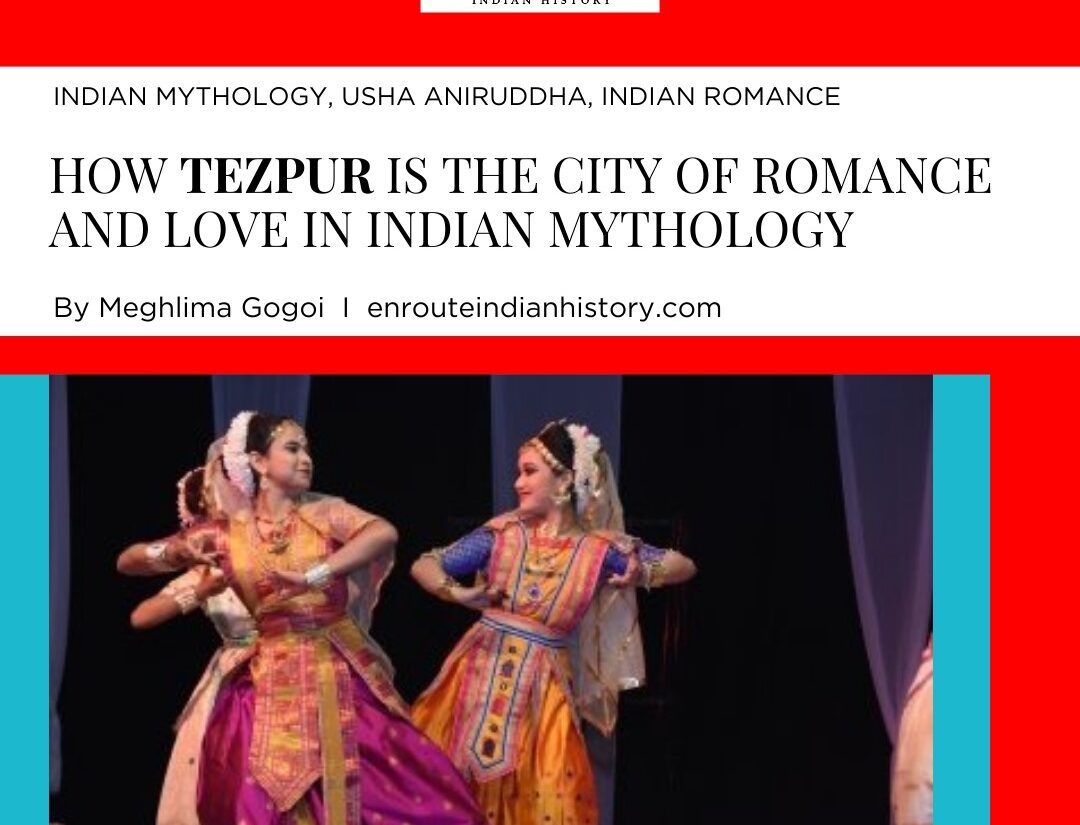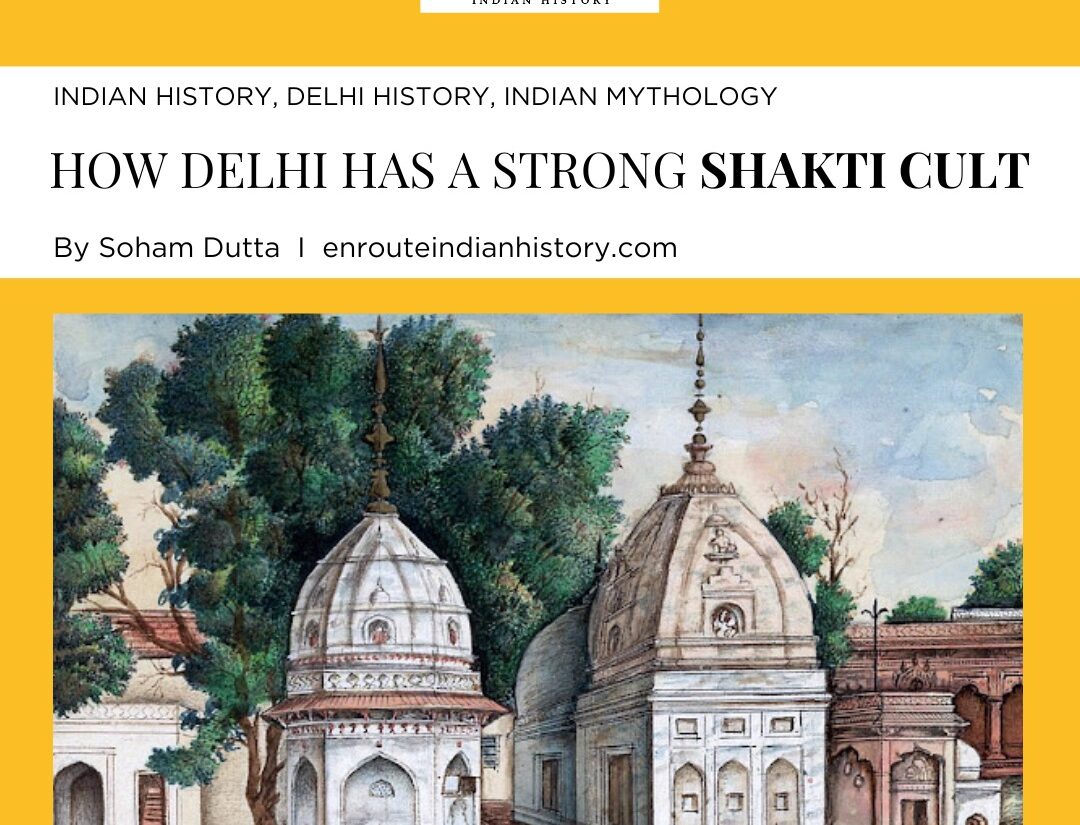Turmeric Tales : Depiction of Haldi in Indian Myths and Legend
- EIH User
- October 13, 2023
One Spice, Countless Purpose
The first recorded use of turmeric in India dates back to approximately 4000 years, during the Vedic period. Since it is known the vedic people essentially had pastoral and cattle rearing lifestyle, they developed a deeper connection to natural resources. Which probably led them to choose turmeric as such an important and holy Indian spice.
From religious rituals to medicine and even as a dyeing agent, haldi had a multi-dimensional range of purposes. Scholars also suggest, in Vedic texts there are 55 synonyms of this spice, each of which indicates different auspicious qualities. Some of them are, Haridra, Ranjani, Pita, Varavarnini, Lomasumalika, Pindaharidra, Kancani, Mangalaya, Pavitra, Krimghna and the list continues.
In addition to the mention of this spice in the Ayurvedic literature, haldi is a common element, which is found repeatedly in innumerable tales from Indian mythology.
The Symbolic Bright Yellow

Clicked by myself, Durga Puja 2020
Upon reading or hearing the word “turmeric” the first thing that comes to our mind is its bright golden yellow hue. From our kitchen to prayer rooms, haldi has conquered its place since ages.
Lord Krishna wears yellow, Goddess Saraswati is associated with the colour yellow, the idols of Goddess Durga are painted in yellow, whether it is during weddings or the rice ceremony of a child, the ritual of smearing turmeric paste remains a constant. Isn’t this fascinating that a simple ingredient holds so much value in Hindu culture. This must have happened because, in our cultural texts, epics, and folktales we have learnt the countless uses of haldi, which in turn instilled a sense of intense connection with this holy spice, and hence the practices still continue.
Let us dive deeper into some stories to assess if there is any connection between them.
Depiction of Haldi From the Ancient Pages
Ganesha’s Birth and Turmeric
Most of us are aware of the birth story of Ganesha, that he was not born biologically. However, not many would know how turmeric played a crucial part in this context.
As the legends state, Gauri wished to have a child from Shiva as she believed bearing children is associated with the assured continuity. Upon sharing her wish to the Lord of destruction, he could not understand the need since he is eternal and there is no need for a lineage. Nonetheless, the Goddess did not give up.
One day while bathing, she collected some rubbings of turmeric paste and moulded it into a doll, and blessed it with life. That is how, Vinayaka was born, Vi-nayak, which literally translates to born without a husband.
The later half of the story is known to all- Shiva and Ganesha broke into a fight which ended in losing and replacing his head by an elephant’s.
The Great Turmeric Festival

Source: https://utsav.gov.in/view-event/jejuri-yatra
In Jejuri, a village near Pune there is a temple dedicated to a folk deity named Khandoba. As per the tales, he is a warrior who fought the local threats and protected the people. As Devdutt Pattanaik suggested in one of his recent articles, this local God is brought to the mainstream and considered a form of Shiva-Bhairava. As the deity is revered amongst the Dhangar tribe, herdsmen, shepherds, farmers and the nomads of the territory. Hence the idol is depicted with holding a bowl of turmeric- one common ingredient that is relatable to all.
This temple which is otherwise forgotten, becomes a highlight during the Great Turmeric Festival, locally called the Bhandara festival. During this festival devotees play with haldi, they throw it on each other and create a golden- yellow air around themselves. According to them, the turmeric here is referred as gold hence they call it ‘Sonyachi Jejuri’ which translates to ‘The Golden Jejuri’.
The locals believe newly married couples must visit this temple to celebrate their wedlock. Others believe Lord Khandoba is a God of fertility, hence many people who wish for a child visit Khandoba temple.
Haldi or Gaye Holud
The haldi ritual is one of the fun events at any wedding. Before the wedding, both bride and groom are smeared with turmeric paste. However, the custom varies from one Indian culture to another, but the significance of the holy turmeric paste remains the same.
Some may wonder why? There can be multiple answers to this from skin benefits to an auspicious sign. Nonetheless, as per popular Indian belief, turmeric is considered a sign of prosperity, purity and fertility.
Therefore to bless the newly weds for their a healthy and fertile relationship, the ritual is continued.
Gauri’s wish to bear a child an making Ganesha from her turmeric rubbings. Worshipping Khandoba for children and smearing haldi during weddings all indicate to one direction. There is indeed a connection between turmeric and fertility.
Bibliography
- Sahdeo Prasad and Bharat B. Aggarwal, “Turmeric, the Golden Spice” from Traditional Medicine to Modern Medicine, Chapter-13, ed. Iris F. F. Benzie and Sissi Wachtel-Galor, Herbal Medicine: Biomolecular and Clinical Aspects. 2nd edition.
- Puthiyedath, Rammanohar & Subramanian, Srividya. (2011). Turmeric in Ayurveda.
- Devdutt Pattanaik, “Decoding Ganesha”, Hindustan Times (Brunch), August, 2008.
- Devdutt Pattanaik, “Khandoba and the Gods of Collaboration”, Economic Times, September, 2023
- Sushmita Sengupta, “Bhandara Festival: The Great Turmeric Festival Of Maharashtra You Must Know About”, NDTV, August, 2017
- April 25, 2024
- 14 Min Read
- February 16, 2024
- 8 Min Read
